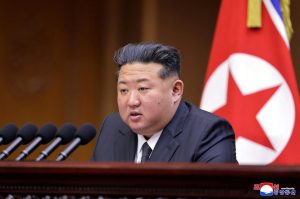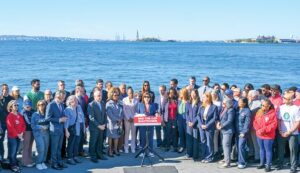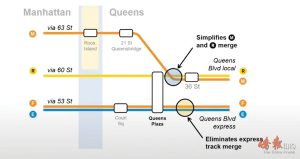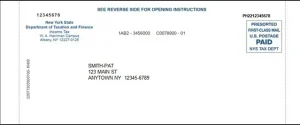The United States asked to clarify the role of the Taiwan Strait war. Australian Prime Minister: I do not want any change in the status quo in the Taiwan Strait
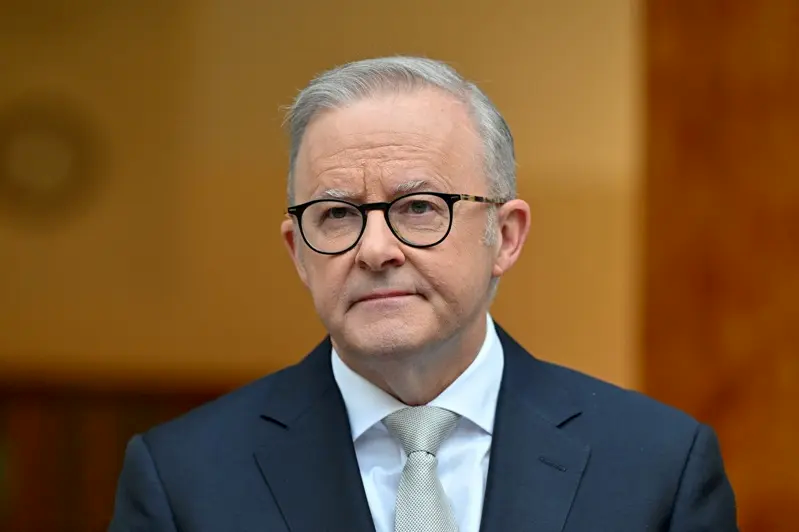
Australia and Japan have reportedly been asked by the US government to state their roles in a war across the Taiwan Strait and to increase defense spending in response to growing concerns about China’s growing threat to Taiwan. In response, Australian Prime Minister Albanese, who is visiting China, responded in Shanghai on the 13th that Australia does not support any unilateral action against Taiwan and does not want any change in the status quo (in the Taiwan Strait).
Albanese made an official visit to China from the 12th to the 18th. This is his second visit to China as prime minister and his first visit after his re-election in May. He led a large business delegation and the visit focused on enhancing bilateral economic cooperation. His last visit to the mainland was in November 2023.
The Financial Times reported on the 12th that Elbridge Colby, the US Undersecretary of Defense for Policy, recently asked Japan and Australia to state what role they would play if a war broke out between the United States and China over the Taiwan issue during talks with defense officials from Japan and Australia. Corbage later said on his personal social media platform that US President Trump is focused on restoring US strength, including urging allies to increase defense spending and other collective defense-related efforts, and “some of our allies may not welcome frank dialogue.”
In response, according to the Australian Broadcasting Corporation (ABC), Albanese responded in an interview during his visit to Shanghai on the 13th that Australia does not support “any unilateral action” against Taiwan, and said that its spending on defense and aid is to promote regional peace and security. He said, “Our position is clear and consistent. We do not want any change in the status quo (in the Taiwan Strait).” The report described Albanese as avoiding questions about Taiwan and US defense needs.
The report quoted a US government source as saying that the United States has adopted a “strategic ambiguity” policy on whether to assist in the defense of Taiwan, and is currently engaging in “broader dialogue” with allies such as Australia. They also said that US officials suggested that Australia should make clear guarantees to the Trump administration on how to deploy the Virginia-class nuclear submarines obtained through the AUKUS agreement if the United States is involved in a war, but Australia has rejected the proposal of US officials.
When asked whether the United States is qualified to ask Australia to make a clear response and commitment to the Taiwan Strait war when it adopts a strategically ambiguous position, the report said that Albanese did not give a direct answer, but said that “the question itself is the answer.”
Albanese met with Shanghai Municipal Party Secretary Chen Jining on the 13th and said that the Australian government attaches great importance to relations with China and hopes to handle Australia-China interactions in a calm and stable manner. He also said that this visit will focus on enhancing bilateral economic cooperation in areas including trade, climate change, steel decarbonization, and tourism. Chen Jining said that China and Australia are important partners of each other, as well as important forces in the Asia-Pacific region, and are key players in the process of world multipolarization.
After meeting with Chen Jining, Albanese posted on the X platform that Australia-China relations are vital to Australia’s economy and security. He also mentioned in another video that he brought business delegations from the resource industry, tourism and education to enhance Australia’s economic interests.
After finishing his exchanges with business people in Shanghai, Albanese will go to Beijing and hold the annual meeting between Australian and Chinese prime ministers with Chinese Premier Li Qiang on the 15th. He will also meet with Chinese President Xi Jinping and Chairman of the Standing Committee of the National People’s Congress Zhao Leji. On the 14th, he will attend the China-Australia Business Leaders Roundtable. He will also visit the western Chinese city of Chengdu, Sichuan.
![]()
